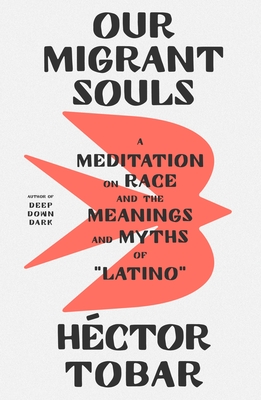Chapter 6: Intimacies
byChapter 6: Intimacies provides a deep exploration into the relationships that unfold within a Beverly Hills family and their Mexican housekeeper, Carmen, and her daughter, Olivia. The Smith family, including a father who works as a Hollywood agent, a mother, and their four children, share their home with Carmen and Olivia, who occupy the maid’s quarters. This domestic setup serves as a reflection of the broader societal dynamics in America, where contrasting cultural identities coexist within the same space. The interactions between the two families reveal the tension that arises when different racial and social backgrounds collide. Olivia, as she grows older, begins to navigate the complexities of her identity, straddling two worlds: one shaped by her Mexican heritage and the other shaped by the privilege of being around a wealthy, predominantly white family. The personal identity struggles she faces speak to broader societal issues surrounding race, privilege, and the immigrant experience in America.
As the story progresses, the power dynamics between Olivia and the Smith family evolve, especially as Olivia grows more aware of her role within their household. Despite being in a lower social position as a housekeeper’s daughter, she begins to recognize her influence within the family, especially in relation to the Smith children. The family often turns to Carmen for authority and guidance, a role that her own parents are unable to fulfill. Olivia’s struggle is rooted in her desire to connect with her Mexican identity while navigating the expectations placed on her by the white, upper-class world in which she finds herself. This dual struggle leads her to a career in public relations, representing the conflict between her mestiza heritage and her desire for social mobility. Her journey, which eventually leads to a more privileged career, highlights the tension between her cultural pride and her aspirations within a system that often marginalizes her background.
Beyond the intimate sphere of the Smith household, the chapter explores the larger issues of race and class that define Latino and white relationships in America. The interactions between Latino workers and their white employers often carry an underlying tension. Latino workers, despite their critical contributions to the success of their employers, are frequently marginalized and treated as invisible in American society. Romero critiques the racial hierarchies at play, illustrating how the presence of Latino workers in predominantly white households challenges the illusion of class mobility and affluence. The workers contribute greatly to the functioning of these households, yet their roles are often reduced to that of subordinates whose work is undervalued and underappreciated. This creates an uncomfortable contradiction, as the labor of these workers sustains the lifestyle of the affluent, yet they continue to face systemic discrimination due to their race and social class.
The chapter also highlights the essential, yet often unseen, labor performed by Latino workers across various sectors of society. Romero delves into how these workers support the prosperity of their employers while being excluded from the privileges that their labor helps to sustain. Despite their vital role in maintaining American households, they are frequently marginalized, with their contributions overlooked and unrecognized. Romero urges readers to reflect on the significance of this labor, stressing that it is not just the work itself that should be acknowledged, but the individuals who perform it. By ignoring these workers and failing to recognize their worth, society continues to perpetuate divisions based on race and class. The chapter challenges the traditional American narrative that emphasizes hard work while simultaneously devaluing the contributions of those who perform essential services.
The conclusion of the chapter reflects on how personal relationships and interactions between people of different races and cultures can help to bridge the divide that exists in society. Romero uses the experiences of individuals like Julia Rodriguez as examples of how these intimate connections can challenge systemic racism and empower marginalized communities. Through the stories of these individuals, the chapter emphasizes the power of shared experiences in breaking down racial barriers and fostering mutual understanding. It suggests that while the divisions between different racial and ethnic groups are often deeply entrenched, relationships across cultural lines hold the potential to dismantle these divisions and promote a more inclusive society. Romero’s work calls for a rethinking of how race, identity, and labor intersect, advocating for a society where racial divisions are replaced by unity and mutual respect.

